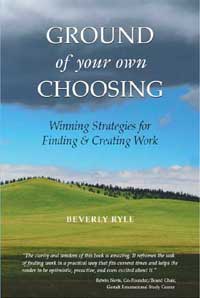Month
The Thoreau I Came to Know
 Reading Robert Sullivan's, The Thoreau You Don't Know, recently inspired me to visit the Concord Museum in Concord, Massachusetts. The museum contains the furnishings from Thoreau's cabin on Walden Pond along with a replica of Emerson's study, and it is easy to imagine the two of them there engaged in lively conversation.
Reading Robert Sullivan's, The Thoreau You Don't Know, recently inspired me to visit the Concord Museum in Concord, Massachusetts. The museum contains the furnishings from Thoreau's cabin on Walden Pond along with a replica of Emerson's study, and it is easy to imagine the two of them there engaged in lively conversation.
Thanks to the book and my visit I have been able to shape a much clearer mental picture of Thoreau than the one I had before, that of the naturalist loner, and I have come to appreciate how much time this "classically trained handyman" (Sullivan) spent looking for work in a tough economy.
Thoreau knew how to work with both his hands and his head. In the course of his relatively brief life, he taught school, farmed, mastered the craft of pencil making, fixed and built machines, surveyed land, and shoveled manure. In between he wrote A Week on the Concord and Merrimack Rivers, Walden, The Maine Woods, Cape Cod, poems, essays, and a journal that runs to 47 volumes.
Of necessity (and I believe choice as well), Thoreau also knew how to attend to the practical realties of life, while at the same time pursuing a greater purpose. He often earned his keep by taking care of the daily needs of others, e.g. serving as a secretary and au pair for Emerson.
It was Emerson, who in 1843 arranged for Thoreau to go to New York City to tutor his brother William's son. Thoreau saw this opportunity as a means to an end—breaking into the publishing industry. His heart wasn't in the task of tutoring, but it provided room and board and access to editors and publishers in the city who might hire him.






